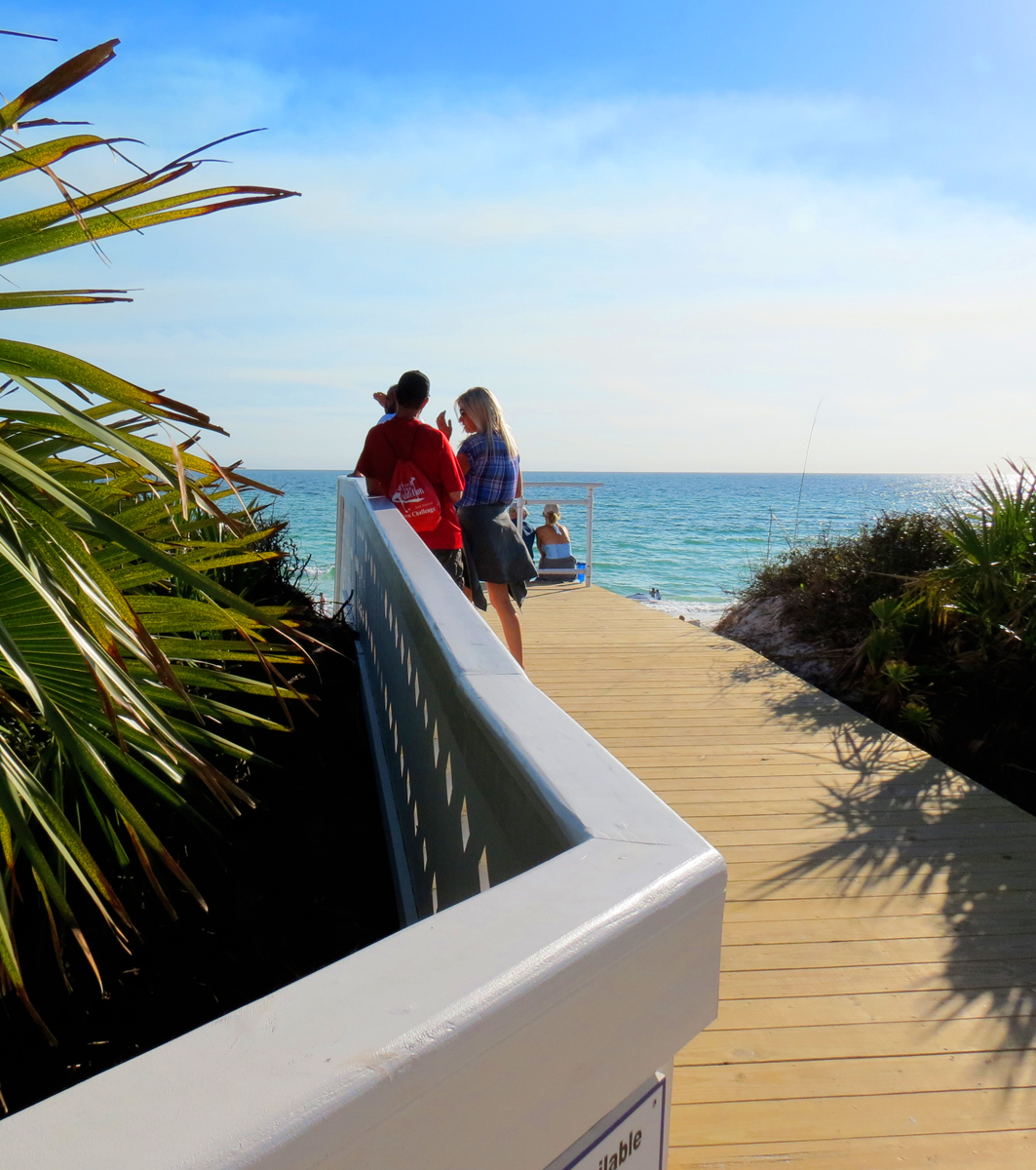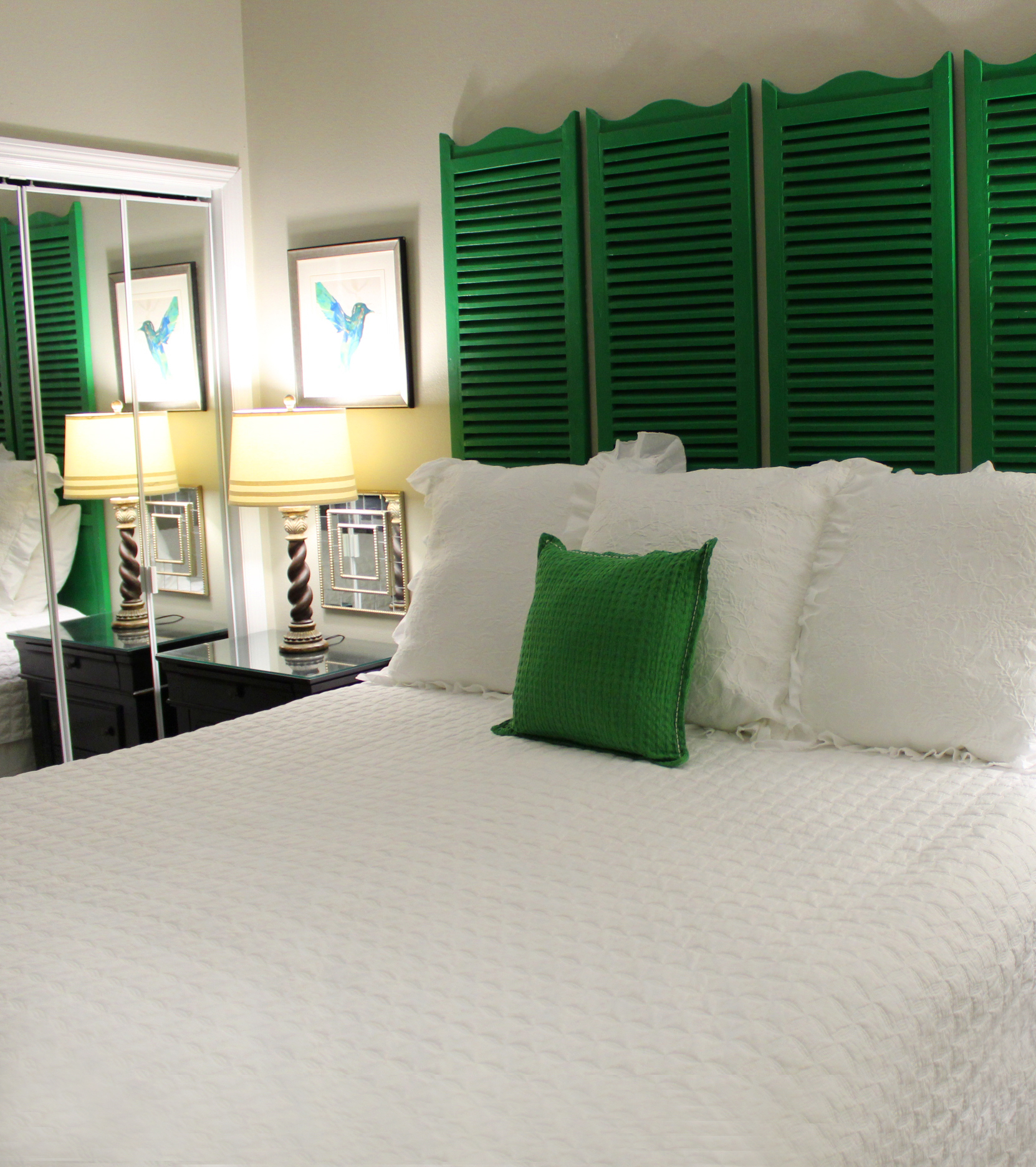SNOWBIRD GUESTS
Mention "guests" to any snowbird and you're likely to get a strong reaction. It's a very hot topic depending on whether you've had great or not so good experience with hosting guests in your snowbird home. Much thought should be given to:
Should you invite guests or not? Who should be invited and when? Who pays for what? How long is too long of a stay? Guests from home can be a big comfort to snowbirds missing their family and friends, but it's not always easy to find the right balance.
WHO SHOULD BE INVITED?
First determine who
Of first importance is to figure out if you want to invite guests. Seasoned snowbirds tend to favor a leaner or nonexistent guest list while rookies are more enthusiastic about hosting guests.
If you want to host guests, talk to your spouse/partner about who you each wish to invite and for how long. If you can't agree on this point upfront, one or both of you will be miserable all the way until the guest/s arrive and depart. Don't wreck your relationships, find a way to compromise, which is not easy depending on who the potential guest is. Maybe it's an especially challenging family member or quirky longtime friend.
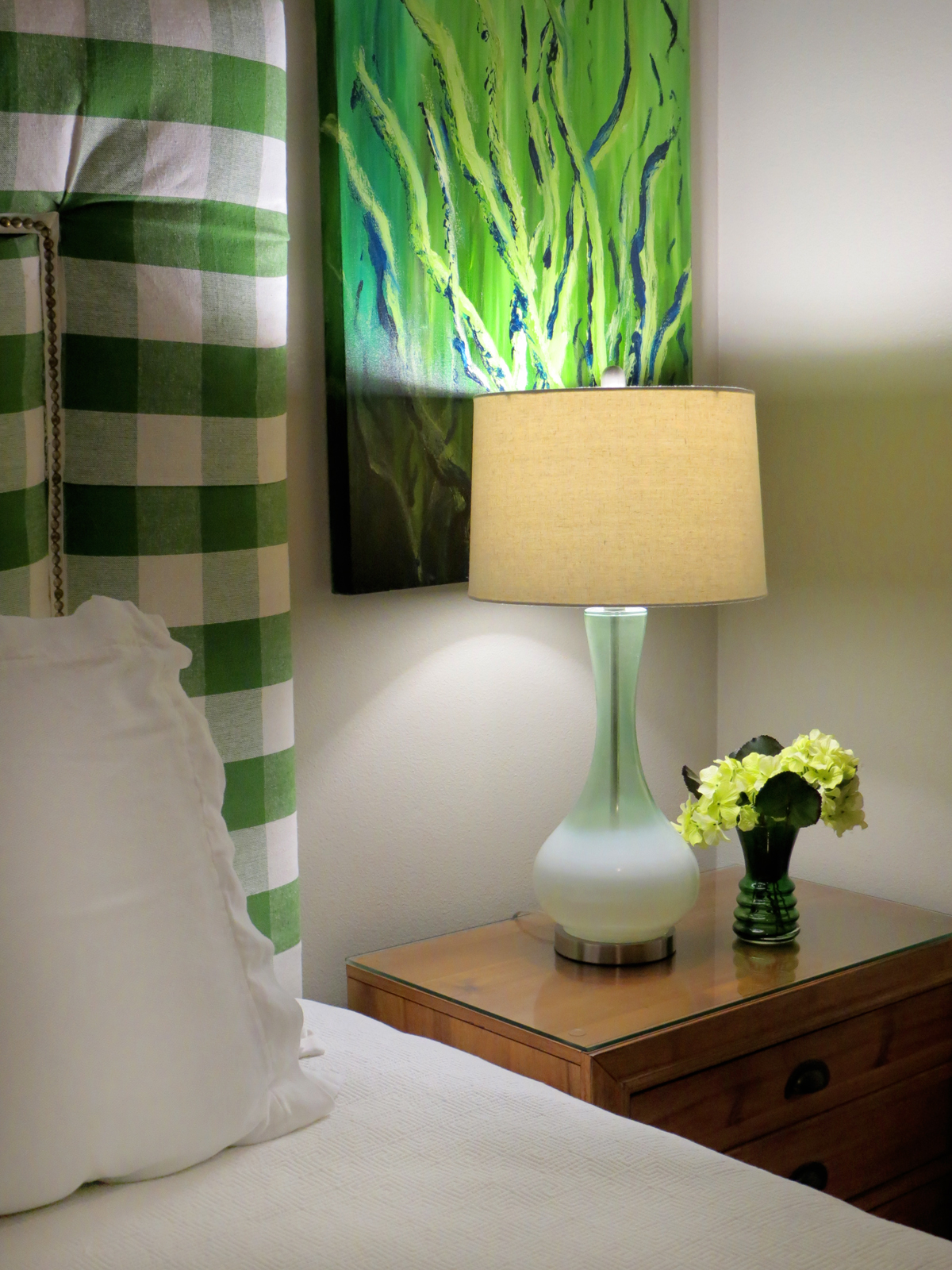
How many guests is realistic?
Next, determine how many guests you can host at one time. If you have one guest room with a double bed, it will be better to host one or two guests at a time compared to a place that will accommodate many more at once.
The size of your space is the number one criteria, but other considerations are important. If you aren't comfortable with or accustomed to hosting guests, start small by only hosting a few guests or groups of guests and work your way to expansion as years go by if you want to. You may find it's too much and you are content with a smaller scale.
Hosting Family
Don't kid yourself, inviting family can be tricky, so proceed with caution. Family members can be more difficult because they may have higher expectations of you. If someone is normally a little high maintenance, everything intensifies when spending 24/7 together outside their comfort zone. Where do you draw the line with inviting family members? It's not an easy decision to make.
If you have a large space, be cautious about mixing groups of guests together. Most people aren't comfortable with that kind of plan and you could end up alienating your guests. Ask your guests if they prefer to be the only ones visiting you at one time while in your snowbird home. Error on the side of being conservative. Be up front with everyone if you need to mix groups--friends and family as an example, to give them a chance to gracefully bow out.
Extend your offer
Prioritize your friends and family/loved ones who appear to be most interested and most likely to visit you. Start with the ones who are highest on your list.
However, a word of caution: before you extend an invitation to guest/s, consider exactly how you're going to present the offer and take extra care that you do not cause misunderstandings. If you make a verbal offer that is well received, follow up with something in writing, such as via email or text. Outline all of the key points you want to make so everyone has a future reference to what was actually said verbatim.
Prepare yourself to handle any problems that arise before, during and after hosting your guests. Avoid ambiguity. Be conservative, communicative and realistic so you and your guests approach the situation with eyes wide open.
When to Stop Asking
My experience is if you invite guests to visit your snowbird home multiple times several years in a row and they decline, don't invite them again for awhile. They're not interested. If it's health-related or timing with work schedules, that's understandable, but other than that, they're just not that into visiting you and it's better to move on.
Repeat Guests
Another tricky situation is whether to invite repeat guests. There are two sides to this dilemma -- you either want them to come back or you don't (and vice versa). Perhaps they are giving signals they don't want to return by telling you their next travel plans will be somewhere else. Or they don't seem that happy with your particular snowbird location, the weather, area's activities, etc. If they decline or aren't that into your place, don't take it too personally. If you or they genuinely want to return, make sure it's known.
However, if you or your spouse/partner don't want to invite a guest back, it can be very awkward. Especially if one of you wants to invite a guest to return and the other one doesn't. Make sure you have a gracious response should it come up. Something along the lines of, "We have a lot of requests and need to see how we can make it all work out with dates/scheduling."
WHEN AND HOW LONG SHOULD GUESTS STAY?
Duration of Stay
Everyone needs to communicate their wishes upfront so compromises and details can be worked out. You can make it known of the dates you are going to be away and casually inquire if a guest might be interested in a visit? If so, this is a pivotal point in the process: establishing how much time you can devote for a visit and vice versa. If you are thinking a long weekend and they are wanting a week or more, you need to clarify it right away and not leave it up in the air.
If guest/s want to stay longer than you are able or willing to accommodate, then kindly suggest well in advance that you can help recommend suitable lodging in the area for the duration of their stay.
Assuming you and your potential guest/s still want to move forward, one way to start is ask them to give you dates that do not work for them. This is an effective way to schedule guests because it allows the hosts to see what dates could possibly work out. Repeat this process for each guest you want to invite. Tell all of them the same thing: that you are working it out among several groups of guests and the sooner they can get their dates to you, the sooner you can formulate a schedule. From there you can look at the various dynamics to move to the next step: choosing and finalizing dates.
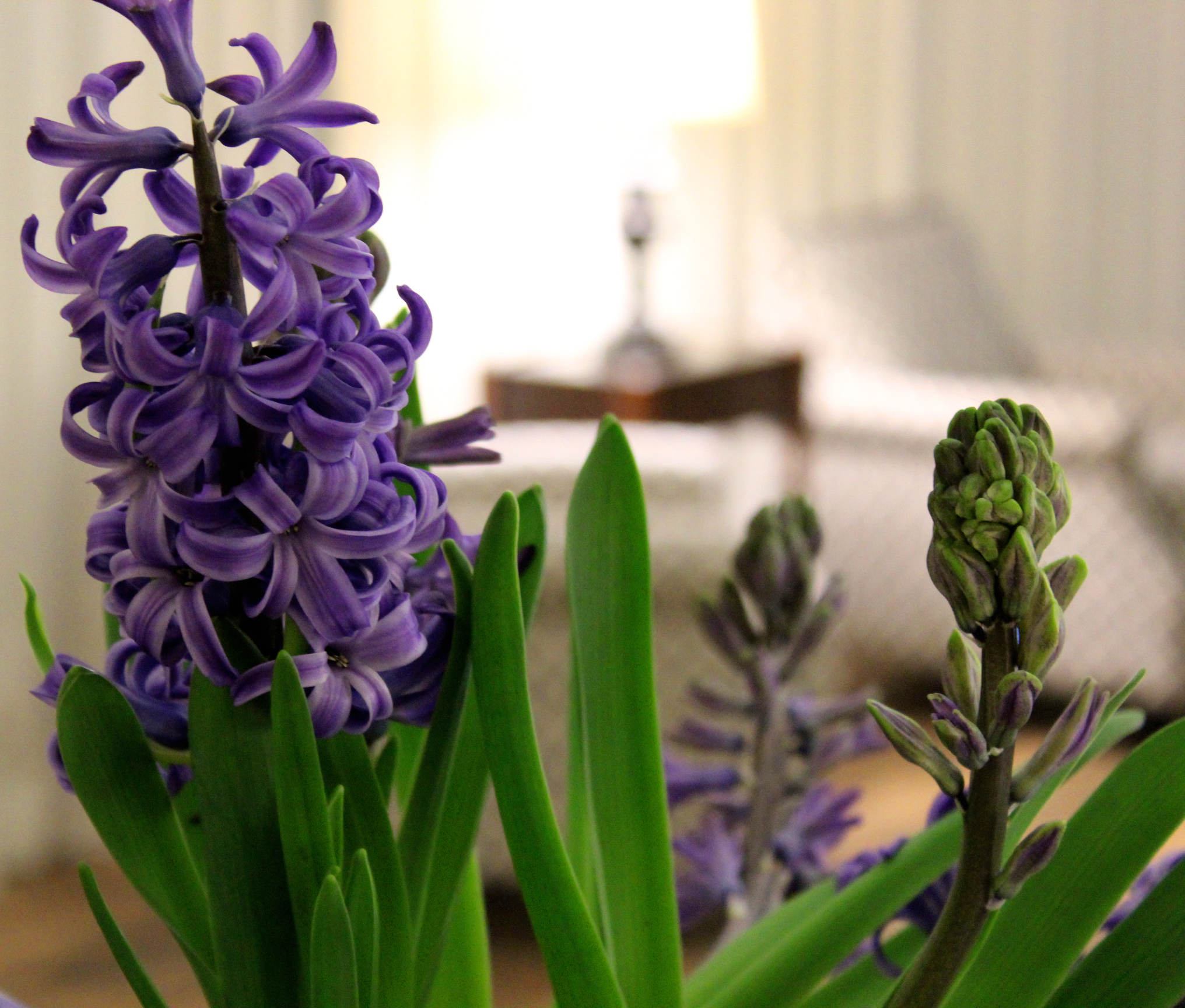
Scheduling Guests
Once you've narrowed down your guest list, the next challenge is scheduling. There's several strategies to this and planning as far advance as possible is key. Six months to a year in advance is not too much time. Make sure everyone understands you'll be scheduling based on the quickest responses or you can give them a deadline. As an example, say, "We need to know if you can visit us, what dates don't work for you and what dates are preferred. We need to know by June 1. At that point we'll move ahead with choosing specific dates with all of the guests who have responded." Don't let one guests' procrastination cause a train wreck for everyone else. If a guest has too many unknowns to be able to schedule in advance, they'll need to work in around the ones who were able to commit to firm dates.
You need to be flexible with dates, yet retain control over scheduling, after all it's your place they're visiting. Give yourself adequate space between each guest. You'll need not only downtime, but time to run errands, do laundry and clean, plus restock the pantry and fridge.
Don't schedule guests for the last week of your stay unless you want to be overloaded with stress. You'll need the time to socialize with and say goodbye to your snowbird friends, tear down and pack your stuff and get everything else done before you depart.
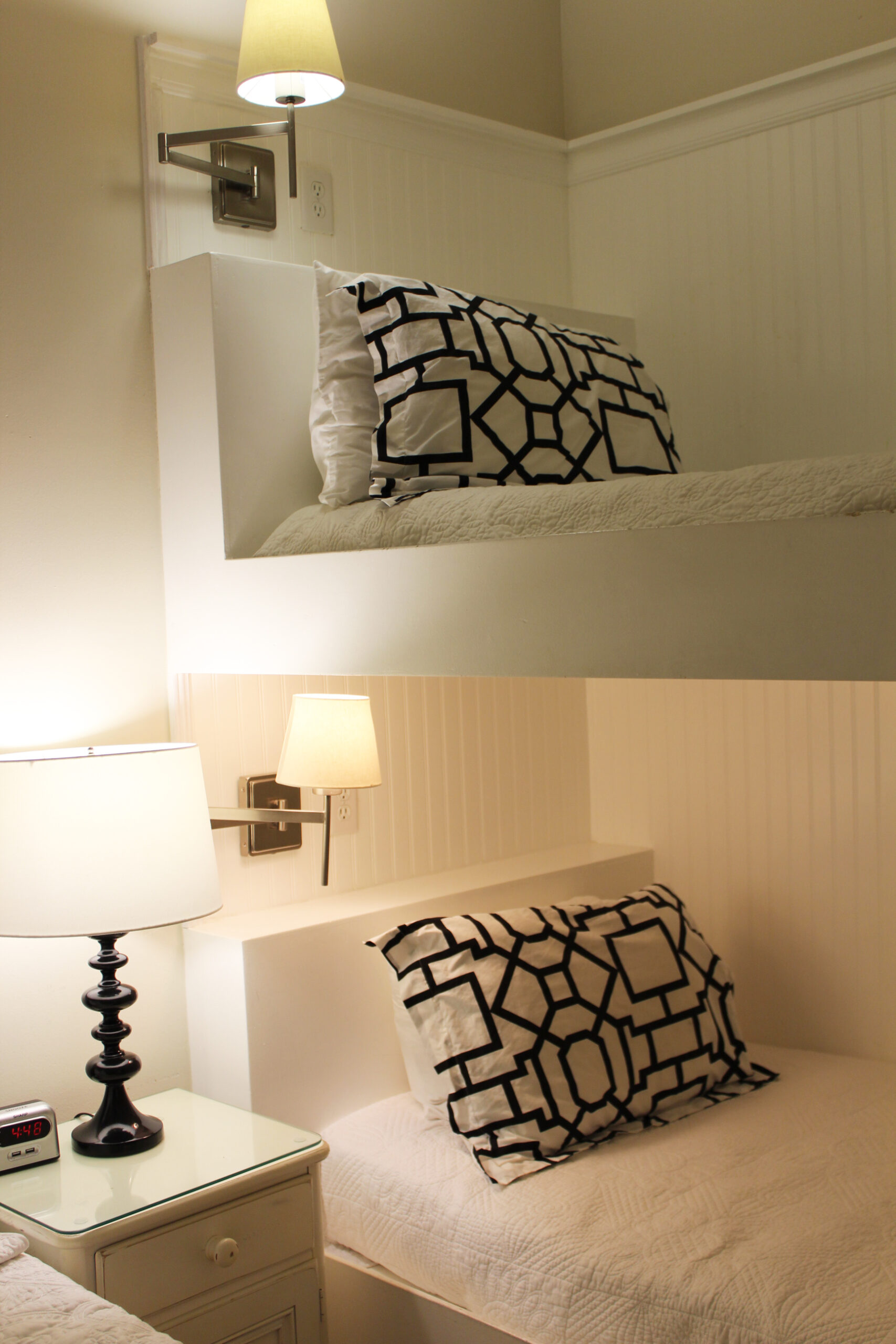
WHO PAYS FOR WHAT?
Carefree Time Away
Inviting guests to stay in your snowbird home is similar to inviting them to stay in your Northern home. Would you expect them to pay part of your mortgage? Or for your utilities and groceries? Would you want them to take turns cooking meals and cleaning up the dishes? More than likely not, so don't change it up for your snowbird home either. Let your guests be guests.
Your guests should be treated to carefree time away in your snowbird home. After all, they are spending their time and resources to visit you and they want to relax and enjoy it. It's your opportunity to show them why you love your snowbird home/community as much as you do. Every situation is different, but first assume you will expect nothing of your guests other than to have a great time!
Game changers
Both hosts and guests should keep in mind, the longer the stay will affect how the situation is addressed. If someone wants to stay a week or more versus 3 or 4 days, that's a deal changer. Be very careful that you and your guest/s don't take on too much for a more lengthy stay. It can put a strain on your relationship if you're not as compatible as you initially imagined.
Good communication before, during and after an extended visit can go a long way. Remember Ben Franklin's quote about guests and fish smelling bad after 3 days unless you are very confident everyone can get along for an extended time.
Manage Expectations
Guests who volunteer to help here or there, buy a round of drinks or dinner for their hosts are always appreciated. A small hostess gift is a thoughtful gesture if a guest is staying for a long weekend. Keep in mind your host will need to transport the gift home if it's not something consumable such as a bottle of wine, a candle or gift card.
The longer a guest's stay, the more help should be offered to the host. Let the host turn down the extra help if they want to, but it's better to pitch in, plus extend continued offers of assistance throughout the duration of the stay.
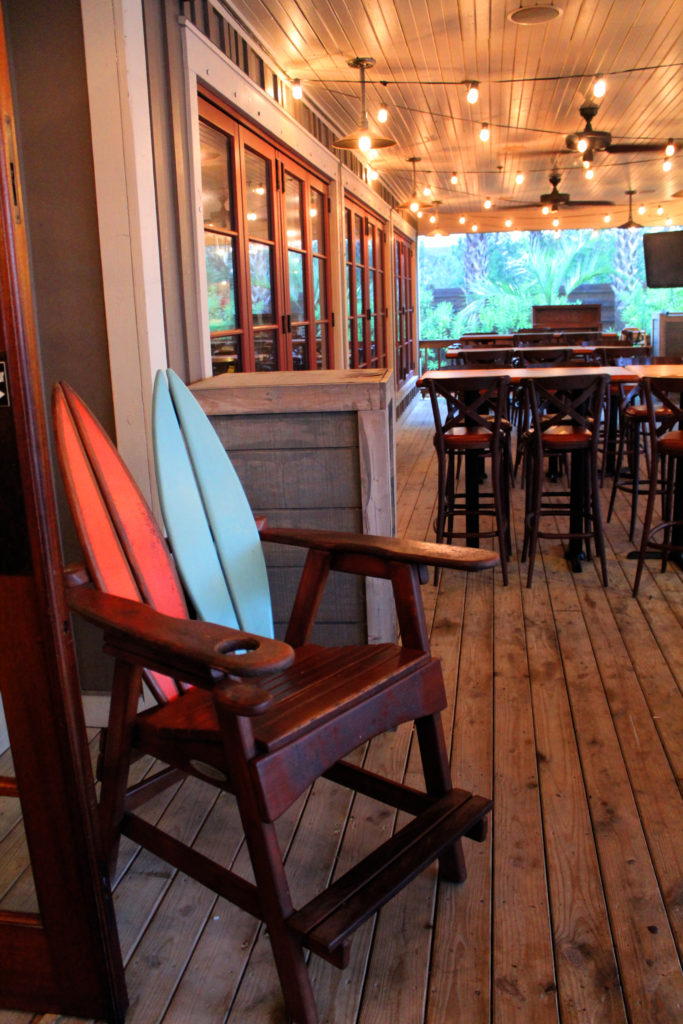
Managing expectations also includes providing information such as:
- Weather patterns: We've had guests arrive in the winter with clothes more suited for Southern Florida. Check weather web sites to get the facts on average temps in your snowbird area and convey the info to your guests.
- The time zone where your home is, especially if it's on the cusp of two different zones as is the case with the Emerald Coast. You don't want confusion on arrival and departure times.
- Where to park and if guests will need a parking pass.
- Area attractions your guests might enjoy.
- Amenities about your community such as if there is a exercise room, tennis court, hot tub or swimming pool and whether the pool is heated in the winter. Also let them know how far away the nearest beach is located.
- Dining out: ask guests if they prefer chain or local restaurants? Moderate or fine dining? On the ocean or not? And of course, type of food. I know of someone who preferred to avoid chain restaurants and yet that is where her hosts took her year after year. I also was surprised when a family we know vacationed in the Destin area and only ate at the chain restaurants along the main thoroughfare, never once trying something locally owned on the beach.
- Oceanfront Dining: Restaurants located on the ocean will always have significantly higher prices because of the view. Let your guests know they may not be able to see the ocean after 5 or 6 pm because of the winter season. Maybe they would prefer visiting for lunch instead.
- Paying the bill: When heading out for a meal or an activity, it's ok to tell your guests in advance, "Let's each pay for our own." They may be wondering if they're supposed to buy your dinner or not and they may not order what they really want if they think you or they are stuck with the bill.
- Transportation: If guests are arriving by air, offer to pick them up/drop off at the airport so they don't have to get a rental car. If you are comfortable with it, you could offer to let them borrow your car for a short excursion. By no means is this expected and if there is a car problem or accident, be fully accepting of the consequences.
- Nightlife: If your guests love the nightlife and your community shuts down after 9 pm during the off season, try to let your guests know before they arrive.
MAKE SPECIFIC PLANS
It's a good idea to ask guests in advance if they have specific plans or things they want to see and do while visiting. If guests want to go off on their own, it's better to specifically ask that before arrival so you can be prepared. Guests should be very specific about how much time they will be away on their own and what meals they won't be eating with you. No one likes to be taken for granted.
If you have plans to introduce your guests to your local friends and spend time together, discuss it in advance so your guests know it's important to you. If they aren't comfortable with that, you'll know before it's an issue.
Our guests' activities have included walking tours, pub crawls; shopping; golfing; nail salon / spa; walking on the beach; visiting area attractions and exploring on their own. We've also hosted guests who are content reading a book on the balcony and playing card games in the evenings. Yet others meet up with their friends and loved ones while in the area. Communication is key when working with your guests and their expectations. The goal is to shorten the learning curve by sharing the invaluable information you already have.
"Every house where love abides And friendship is a guest, Is surely home, and home sweet home For there the heart can rest."
--Henry Van Dyke

